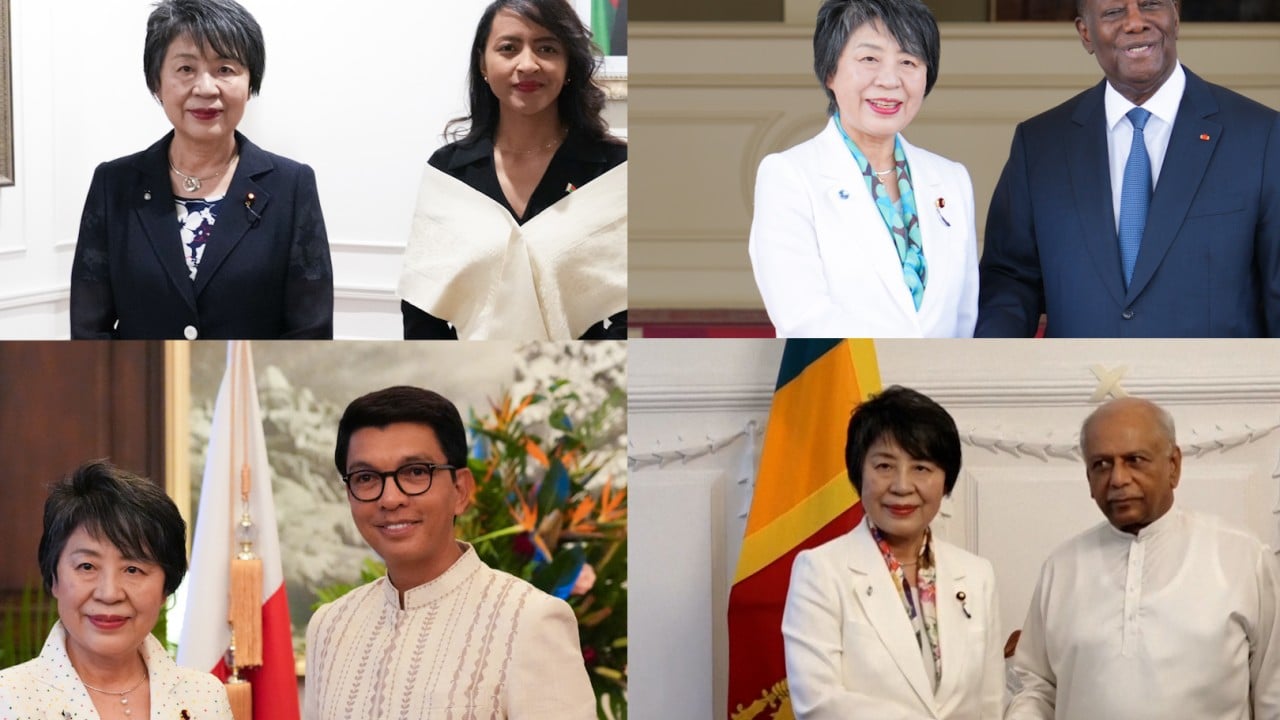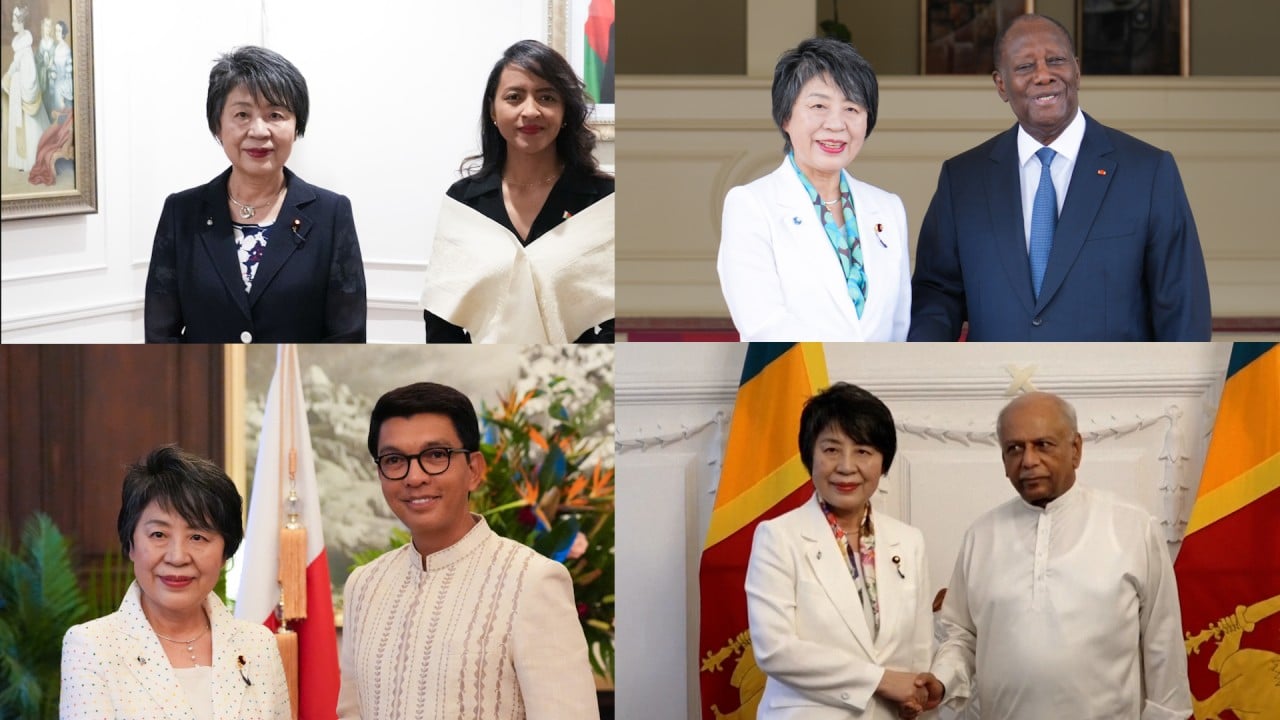‘Let Japanese politicians drink radioactive waste water.’ How nationalism helped a Chinese drinks firm rise – briefly
As Beijing struggles to find the right stimulus for economic growth, a Chinese beverage company found a short-term solution – to capitalise on the Chinese public’s anger towards Japan over the discharge of nuclear waste water.
After what seemed a well-planned publicity campaign exploiting Chinese ire about waste water released from the disabled Fukushima plant, the company Xiang Piao Piao saw a brief surge in sales and stock prices a week ago.
Last week, a photo showing its Meco fruit tea in a store in Japan went viral on Chinese social media platforms. The sleeve around the cup contained both Chinese and Japanese writing and included the phrase “let Japanese politicians drink the radioactive waste water”.
The post went viral after it was carried by the firm’s official social media account, confirming the company’s official stance and drawing praise from nationalist voices on social media platforms.
On May 4, the company posted “our staff are awesome” to the Weibo social media platform. The next day, the company’s president reportedly said on the firm’s live-streaming platform that “the employee responsible” would be rewarded with 100,000 yuan (US$13,800).
Last year, Japan’s decision to start releasing waste water from the Fukushima nuclear power plant added to anti-Japanese sentiment in China, which has long-held bitterness towards Tokyo on a range of issues, including its attitude to war history and territorial disputes.
Beijing banned all seafood imports from Japan and diplomats from China and Japan clashed at the United Nations over the decision.
Xiang Piao Piao’s post drew a lot of consumers to the company’s live-streaming platforms to buy the product, according to media reports.
But the boost to sales was followed by doubt and controversy. The featured store in Japan denied it was selling the product with the cup sleeves as pictured, according to media reports.
Despite the immense online support the drinks firm won from nationalistic voices – who considered it a justifiable way to voice discontent over the Fukushima water discharge – some in China have accused the company of sensationalisation and firing up public sentiment in the name of patriotism.
Following the criticism, the company appeared to stop promoting the drink with the cup sleeves on e-commerce platforms, but on Friday was still labelling the beverage “the pride of domestic products”.
Hu Xijin, a former editor-in-chief of the nationalist tabloid Global Times, accused the company of deceiving consumers in China in his post on Weibo on Monday. He said the promotion was “a serious violation of business ethics”.
He said online support was “a direct expression of patriotism”, but that staging the product in Japan for the photo and aiming to “claim credit” with the Chinese public was “not open and honest”.
Brian Wong, assistant professor of philosophy at the University of Hong Kong, said the issue was an example of commercial nationalism – “the kind of grass-roots, bottom-up, entrepreneur-led and -driven adoption of ‘patriotic branding’ by opportunistic vendors who strive to capture and ride on the burgeoning nationalistic middle-class” to reap benefits.
“I don’t think this sets a dangerous precedent, though I do think it reflects an intriguing development and trend in contemporary manifestations of capitalism in China.”
Fang Kecheng, an assistant professor at the school of journalism and communication at the Chinese University of Hong Kong, said “it is a case of exploiting nationalistic sentiment for commercial gains”.
“Others may follow, but it is quite apparent that the gain is limited as the sentiment quickly died down and there were criticisms against this strategy, which may harm the reputation of the brand,” he said.
“It may boost revenue in a short period of time, but it is not a solution to the problems the company is facing. Therefore, I don’t want to overestimate its impact.”
A mainland-based political scientist who requested anonymity observed that many Chinese companies had used nationalism for marketing purposes, especially to promote domestic brands at a time of geopolitical tensions.
But “the positive impact could be short term”, they said, noting that in recent years, many consumers – partially because of the effects of economic downturn – had started to reflect on and criticise companies’ promotions that relied on ultranationalism.
While some Chinese companies see a chance to exploit anti-Japanese sentiment, others have fallen victim to it.
Earlier this year, nationalists subjected Chinese beverage firm Nongfu Spring to a wave of criticism for the perceived Japanese styling of its packaging amid rumours that the company was using pictures of Japanese religious buildings.
A boycott followed and the company’s sales and shares plunged, losing about HK$30 billion (US$3.8 billion) in market value in early March.
The saga followed criticism of founder Zhong Shanshan’s competition with rival water brand Wahaha, and his son’s American citizenship.




